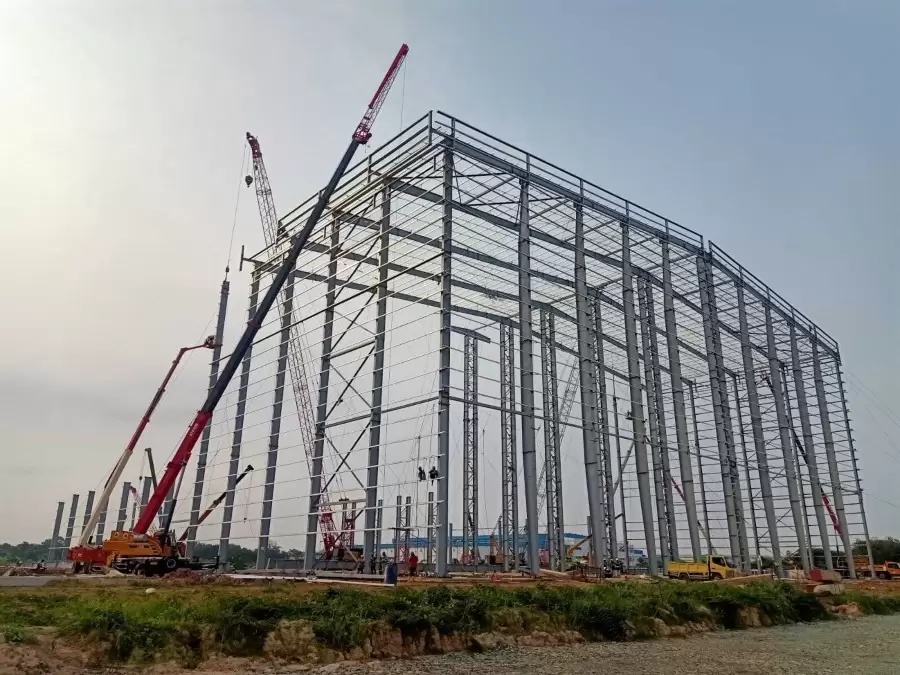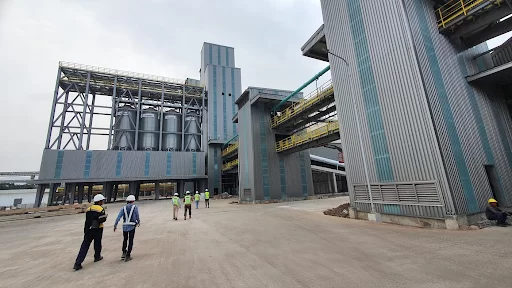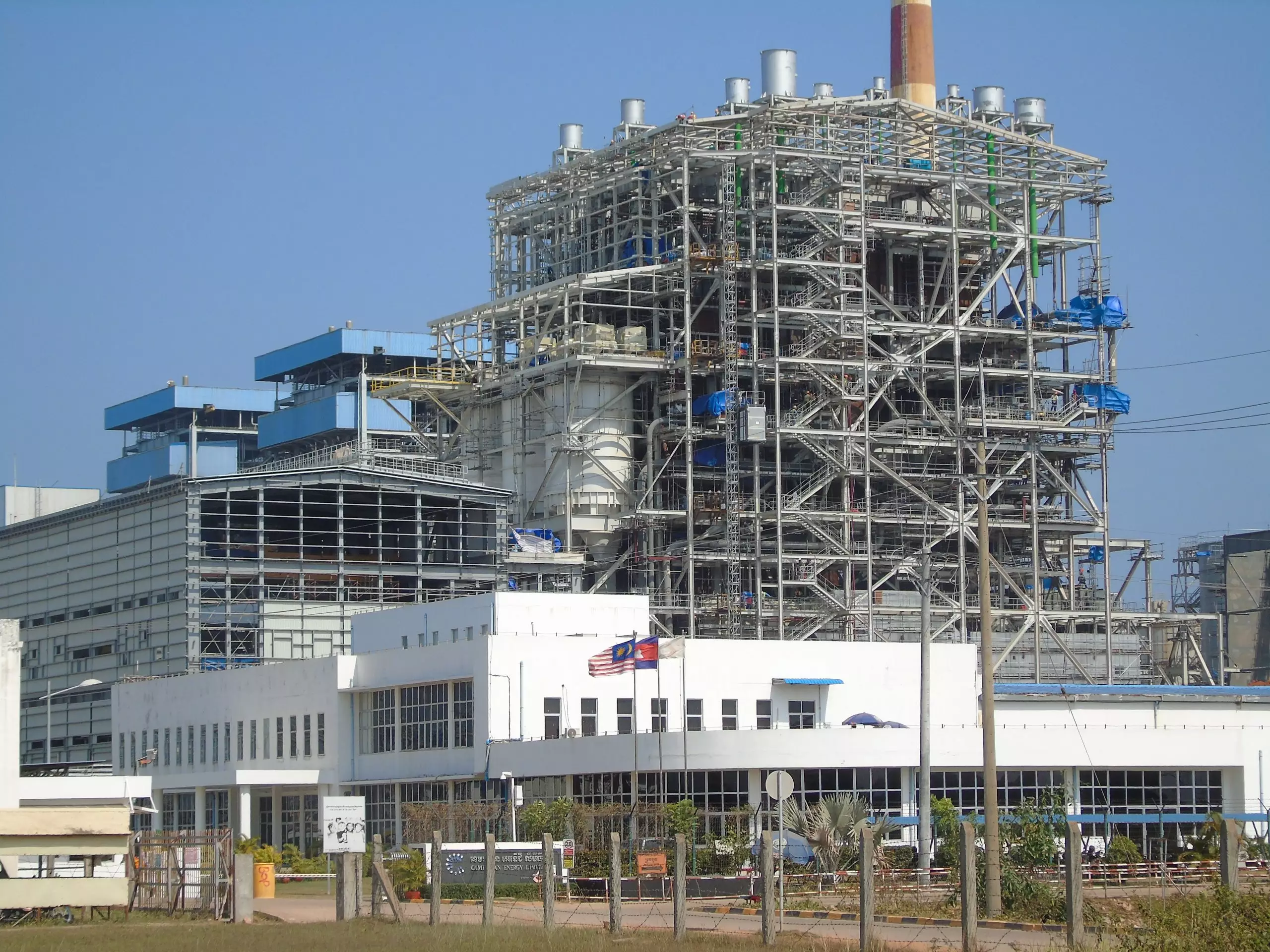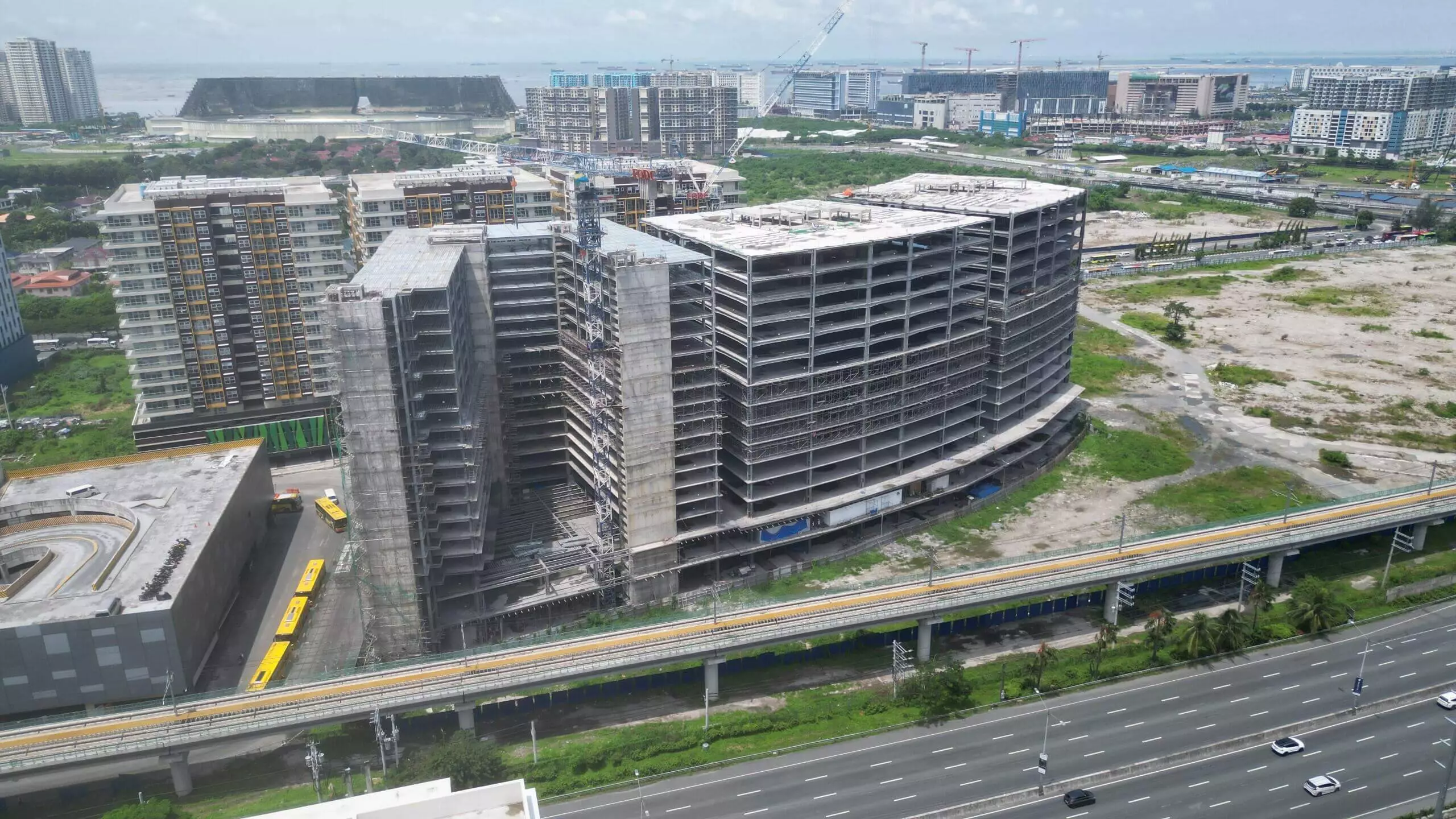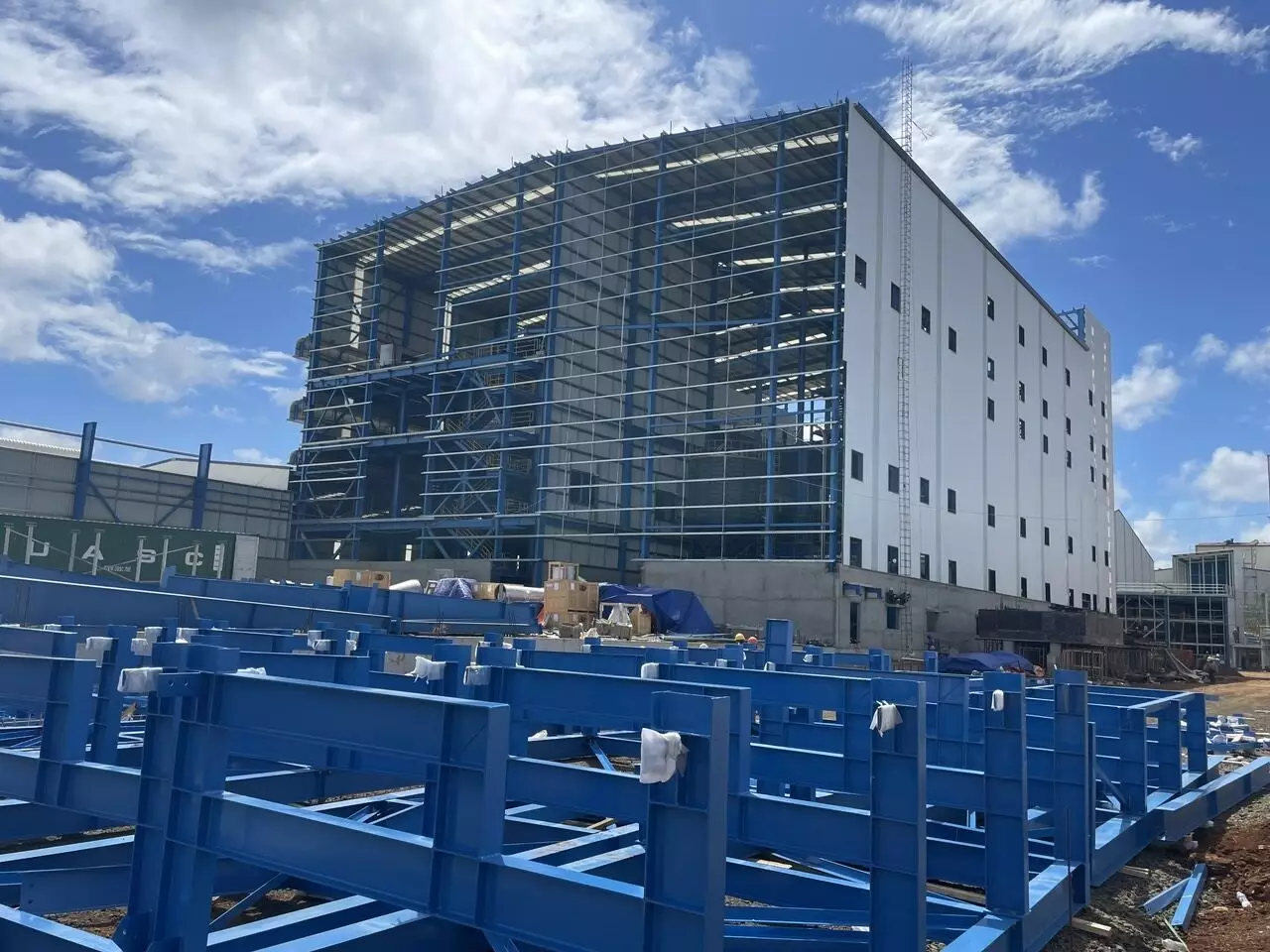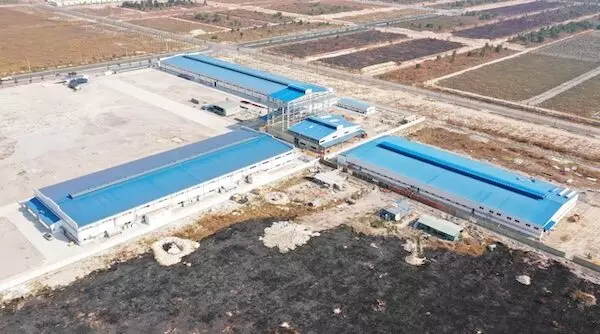The demand for steel construction projects is increasing due to outstanding advantages such as quality, durability, and cost-effectiveness. Among these, structural steel is the key material in every steel structure building. Let’s explore the types of structural steel and their applications with Pebsteel in the following article.
See more: Advantages Of Steel Structure
1. What is structural steel?
Structural steel is a type of steel used as a construction material. This type of steel is designed to have an optimal ratio of strength to weight (also known as specific strength), which helps to save costs and optimize the process of prefabricated steel building. Structural steel is commonly used in the construction of buildings, bridges, roads, and various industrial facilities.
See more: Erection of Steel Structures
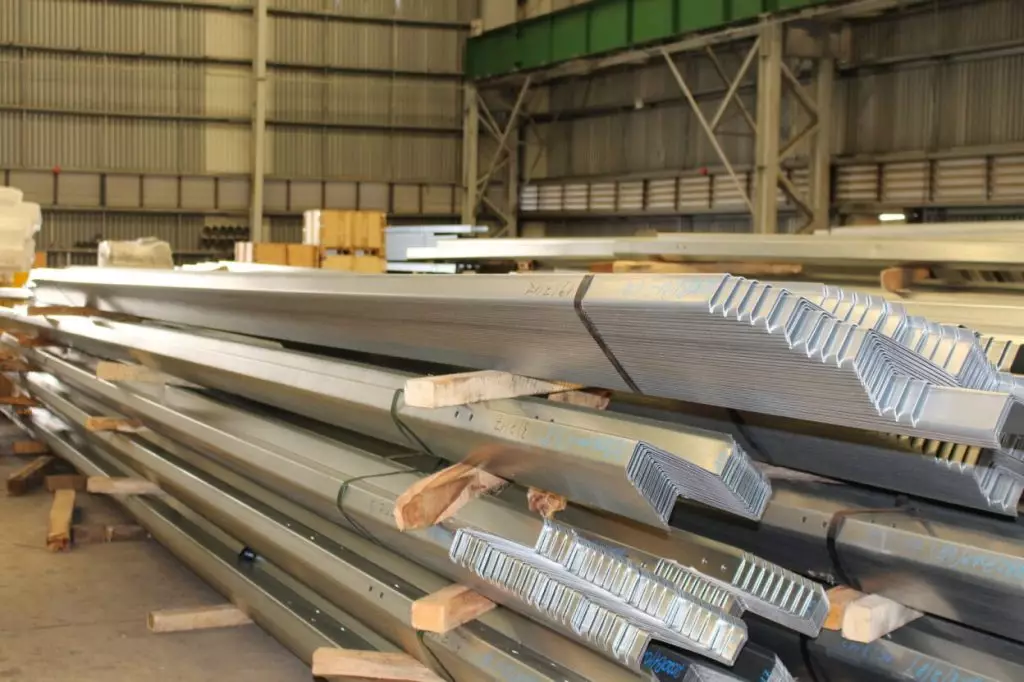
2. Common types of structural steel
Structural steel comes in various shapes and grades, depending on the construction needs. It is classified based on its cross-sectional shape, such as commonly used types like I-beams, T-sections, and C-sections.
Apart from their shape, the grade of steel directly influences their mechanical properties. Therefore, different types of structural steel must be chosen according to specific design requirements. Some types of steel can be formed and used as beams, bars, plates, or shapes. Below are the standard structural steel materials:
2.1. Carbon steel
When no additional alloying elements are needed, and the copper content is minimal, steel is defined as carbon steel. Carbon steel is typically classified based on its carbon content.
Carbon steel is primarily used in the construction of pipelines and structural pipes.
2.2. High-strength low-alloy steel
This type of steel has better mechanical properties and higher corrosion resistance in high atmospheric conditions compared to carbon steel. High-strength low-alloy steel contains up to 2% manganese. Additionally, small amounts of additional alloying elements like chromium, nickel, molybdenum, nitrogen, vanadium, niobium, and titanium, when combined in various ways, can alter the properties of the steel.
Furthermore, quenched and tempered steel is a type of high-strength low-alloy steel with corrosion resistance in high atmospheric conditions by forming a passive layer similar to rust on the surface. This is one of the crucial structural steel types in construction, primarily used in plate structures.
2.3. Forged Steel
The process of forging involves simply shaping the metal while it is solid. Steel ingots or billets are subjected to mechanical and thermal energy during the process. By eliminating voids and gas bubbles, this process gives the material a uniform grain structure, reducing matrix discontinuity and boosting overall strength.
2.4. Quenched and tempered alloy steel
This is a type of structural steel primarily used in construction projects. True to its name, this type of steel has undergone heat treatment and pre-tempering before being put into use. Quenched and tempered alloy steel is widely applied in steel construction due to its flexibility, high strength and extremely fine grain structure.
3. Applications of structural steel in construction
Structural steel offers high strength, good corrosion resistance, and relatively low cost, making it applicable to a wide range of projects. Here are some common applications of structural steel:
- Construction of facilities like warehouses, factories, bridges, etc.
- Mining
- Transportation
- Marine
- Energy
Pebsteel takes pride in being a global enterprise, specializing in providing high-quality solutions for pre-engineered steel buildings and steel structures. With a team of skilled engineers and a commitment to always using the highest-grade materials in construction, Pebsteel is fully capable of meeting even the most stringent requirements and delivering the finest projects for businesses.
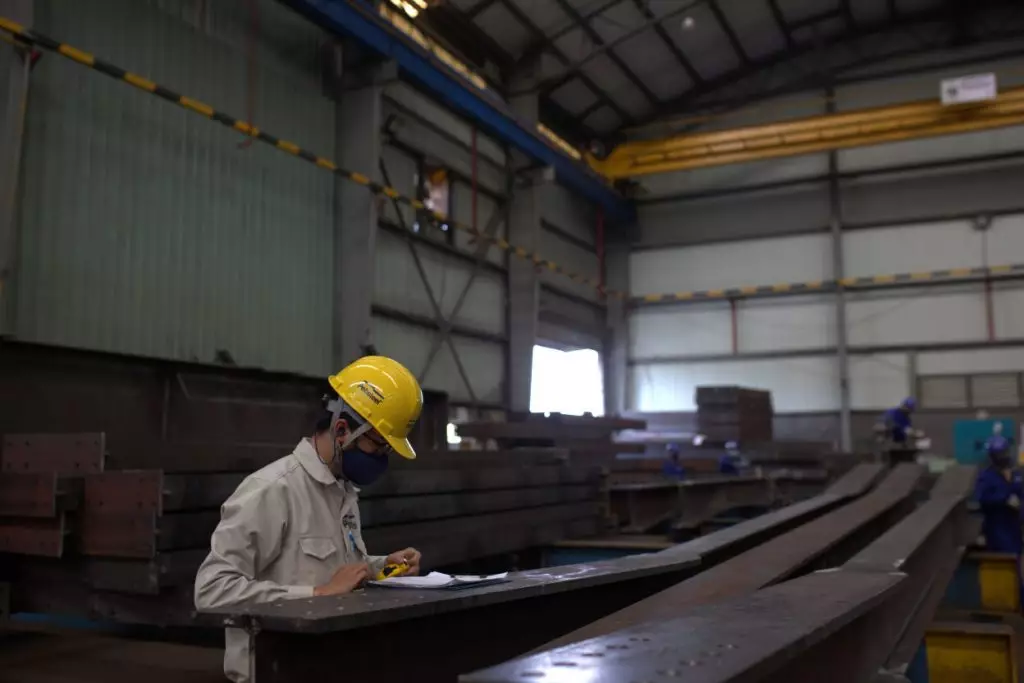
4. Conclusion
Above is information about various types of structural steel and some applications in construction. Pebsteel is a construction company providing comprehensive innovative structural steel solutions that are fast, modern, and highly efficient.
If customers need comprehensive solutions for pre-engineered steel buildings and steel structures, please contact Pebsteel via email at Marketing@pebsteel.com.vn or by phone at +84 908 883531 for an immediate consultation.
*** This article is intended to provide general information about the pre-engineered steel building and steel structure industry only. For further details or clarification based on your needs, please contact Pebsteel directly.

